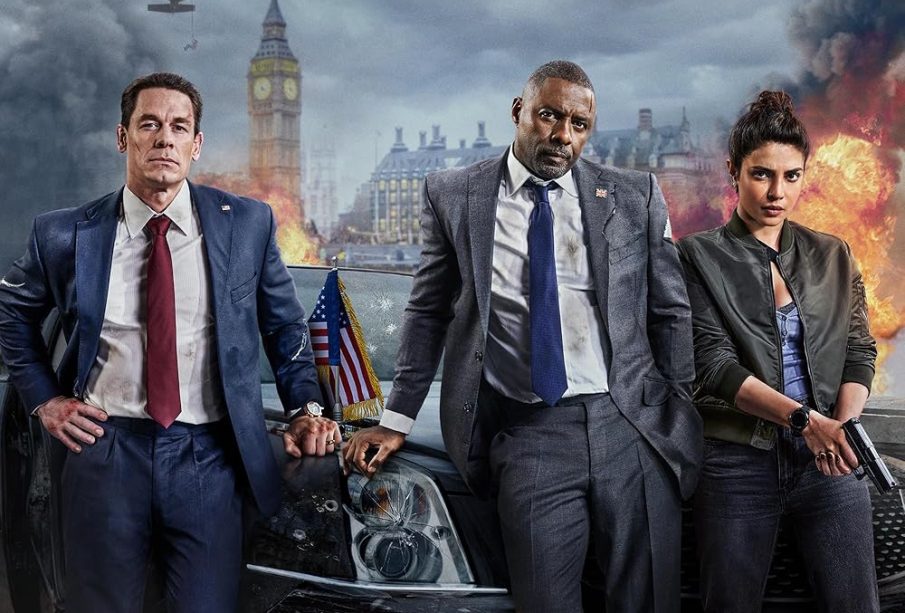The Role of Heads of State in Global Politics Today

Introduction
In an increasingly interconnected world, the roles of heads of state are under scrutiny as they navigate complex political landscapes. Their decisions impact not only their nations but also global stability, making it essential to understand the dynamics at play. The recent activities of various heads of state reflect their strategies to address pressing issues such as climate change, economic recovery, and international relations.
Recent Events and Actions
In recent months, several heads of state have taken significant steps that highlight their political priorities. For instance, during the UN Climate Change Conference (COP28) held in Dubai in November 2023, multiple leaders, including UK Prime Minister Rishi Sunak and German Chancellor Olaf Scholz, outlined ambitious plans for carbon neutrality.
In parallel, the United States President Joe Biden has focused on rebuilding alliances that were strained during previous administrations. His recent visit to Asia reinforced commitments to collective security and economic partnerships, demonstrating a shift towards multilateralism.
Meanwhile, the situation in Ukraine continues to be a focal point for European heads of state, with countries such as Poland and Hungary playing critical roles in the EU’s response to the conflict. Their collaboration emphasizes the importance of regional unity in confronting external threats.
Challenges Faced by Leaders
The current geopolitical environment poses various challenges for heads of state. With rising inflation and the aftermath of the COVID-19 pandemic, leaders are under pressure to provide effective solutions. For example, the UK is grappling with a cost-of-living crisis that has sparked widespread protests, forcing the government to re-evaluate economic policies.
Moreover, global health challenges remain on the agenda, as many countries are working to boost vaccination rates and prepare for potential future pandemics. This highlights the critical role that heads of state play in public health governance and international cooperation.
Conclusion
As we move into 2024, the actions of heads of state will continue to shape the trajectory of global governance. The interplay between national interests and global responsibilities will require leaders to demonstrate diplomatic acumen and resilience. For citizens around the world, the decisions made by these leaders will have profound implications for their daily lives, making engagement in political discourse more important than ever.





